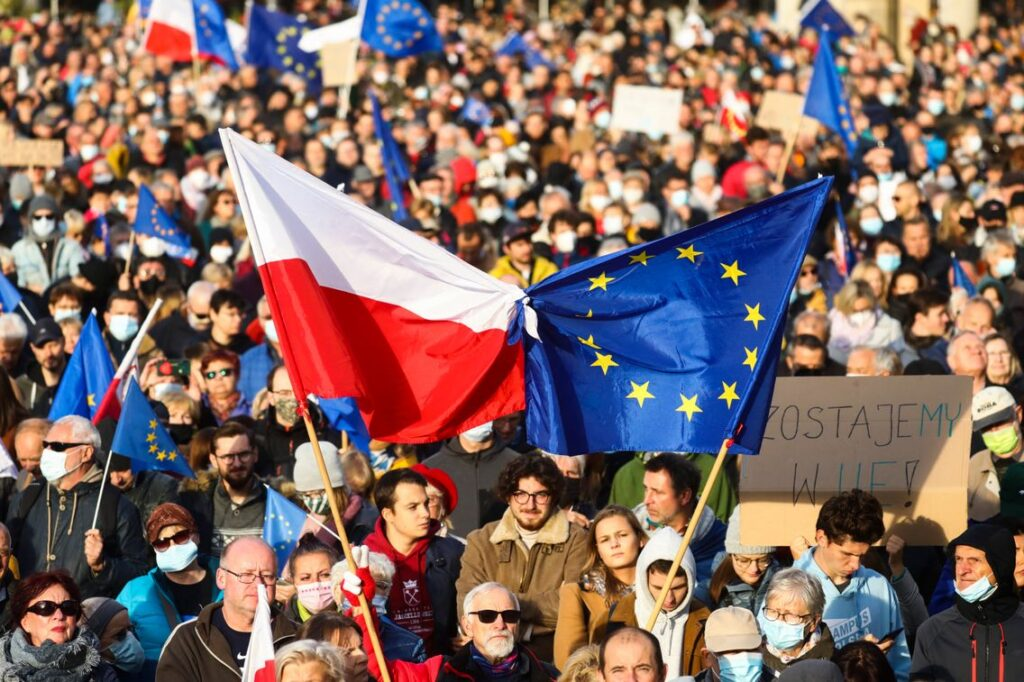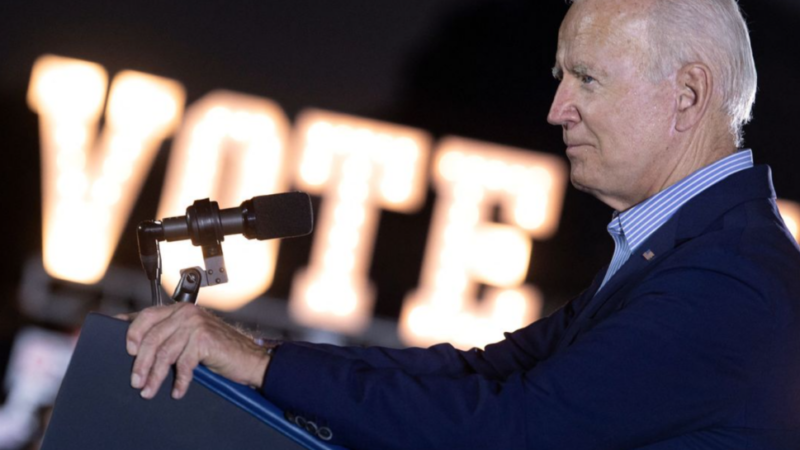Central Europe at a time of choice

No, Central Europe is not condemned to “illiberalism”: the Czech Republic and Poland are experiencing major political events which will determine part of the future of Europe.

We often tend, in Western Europe, to consider Central Europe as a whole, a region condemned to «illiberalism», that is to say turning its back on the values on which it is supposed to be built. The union. It is a reductive shortcut, because the countries which compose it are crossed by contrary currents, and are at the time of decisive choices.
Two of these countries, the Czech Republic and Poland, are in this situation, and part of the future of the EU is linked to the outcome of developments there. In the Czech Republic, it is the surprise electoral defeat of the Prime Minister, the populist Andrej Babis, immediately followed by the hospitalization in critical condition yesterday of President Milos Zeman, not really a liberal either: the uncertainty is total.
In Poland, it is a completely different situation
the decision of the Constitutional Court to consider that national laws are superior to European laws opened a major crisis with Brussels because it calls into question a basic principle that guarantees equality between them. The Member States. If this decision is upheld, it risks triggering a de facto “Polexit”, that is to say, Poland’s exit from the European Union, the stakes are therefore considerable.
Led by Eurosceptic parties, these two countries belong, along with Hungary and Slovakia, to the so-called “Visegrad” group, which slows down European integration. But these countries also have significant pro-European currents
In the Czech Republic, two center-right and liberal pro-European coalitions claim victory and the right to form the next government together. The outgoing Prime Minister was however due to meet today with the President, now hospitalized, and many feared a maneuver to stay in power.
In Poland, reactions to the court ruling, largely influenced by PiS, the ruling populist party, provoked strong reactions. Yesterday evening, thousands of demonstrators gathered, the European flag in mind, while 26 former judges of the Constitutional Court ruled that the Tribunal’s decision exceeded their rights. The independence of the judiciary is one of the major contentious issues between Warsaw and Brussels.
In a recent poll, 80% of Poles said they were in favor of their country’s presence in the European Union; it would therefore be quite a paradox for Poland to leave the EU, we are not in the same context as Brexit, voted by referendum.
Nevertheless, the accumulation of subjects of conflict between Poland and the rules of the Union, on justice, on the independence of the media, on the rights of homosexuals, the right to abortion, create a climate of growing rupture. . The Polish government knows, however, that it has a lot to lose, the part which goes to Warsaw in the European recovery plan is currently blocked because of these conflicts.
The standoff is all the more likely to worsen as the liberal opposition is now led by the former President of the European Council and former Polish Prime Minister, Donald Tusk, who hopes to regain the majority in the next legislative elections in 2023 The European question will be one of the major divisive subjects of the campaign.


